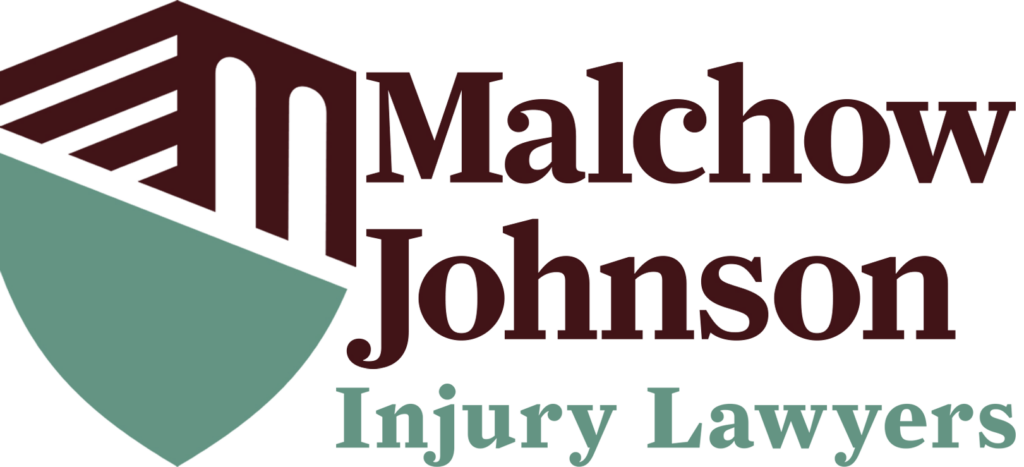Medication errors can have severe consequences for patients, leading to adverse drug reactions, prolonged hospital stays, and even fatalities. Nurses play a critical role in preventing such errors and ensuring the safe administration of medications. In the state of Georgia, nurses are bound by specific legal requirements that govern their responsibilities in medication management. This article aims to highlight the importance of preventing medication errors in patient care and provide an overview of the legal requirements that Georgia nurses must adhere to in order to maintain patient safety.
The Impact of Medication Errors
 Medication errors pose a significant risk to patient safety and can result from various factors, including miscommunication, incomplete medication histories, improper dosage calculations, and administering the wrong medication. These errors can lead to serious health complications, hospital readmissions, and even loss of life.
Medication errors pose a significant risk to patient safety and can result from various factors, including miscommunication, incomplete medication histories, improper dosage calculations, and administering the wrong medication. These errors can lead to serious health complications, hospital readmissions, and even loss of life.
Georgia nurses must recognize the gravity of medication errors and be aware of their potential consequences. By taking proactive measures to prevent such errors, nurses can significantly contribute to improving patient outcomes. Effective prevention strategies include accurate medication reconciliation, careful verification of drug orders, thorough patient education, and diligent monitoring for adverse drug reactions.
Legal Requirements for Georgia Nurses
To ensure patient safety and minimize medication errors, Georgia nurses must comply with specific legal requirements outlined by the Georgia Board of Nursing and other relevant regulatory bodies. These requirements aim to establish standardized practices for medication management and hold nurses accountable for their actions. Here are some key requirements:
Knowledge and Competency
Georgia nurses are expected to possess comprehensive knowledge and competency in medication administration. This includes understanding medication classifications, dosages, contraindications, and potential interactions. Nurses must stay updated with current pharmacological information and demonstrate proficiency in calculations and dosage adjustments.
Medication Orders and Documentation
Nurses must adhere to the established protocols for receiving and transcribing medication orders accurately. Documentation of medication administration, including dosage, route, time, and patient response, must be complete, timely, and reflective of the actual administration. Any discrepancies or errors should be reported promptly.
Medication Reconciliation
Accurate medication reconciliation is crucial to preventing errors during care transitions. Nurses should compare the patient’s current medications with new orders, resolve any discrepancies, and communicate changes effectively to the healthcare team. This process helps ensure patient safety and continuity of care.
Safe Medication Administration
Georgia nurses must follow the five “rights” of medication administration: right patient, right medication, right dosage, right route, and right time. Nurses should also double-check medications, verify patient allergies, and use appropriate techniques for administering high-risk medications (e.g., double-checking insulin dosages).
Error Reporting and Quality Improvement
Nurses have a responsibility to report medication errors and near misses promptly. By participating in quality improvement initiatives, nurses contribute to identifying system weaknesses, implementing preventive measures, and enhancing patient safety protocols.
Ongoing Education and Training
Continued education and training are vital for Georgia nurses to stay updated with the latest advancements in medication management and ensure the prevention of errors. The Georgia Board of Nursing encourages nurses to engage in professional development opportunities, such as attending seminars, conferences, and workshops related to medication safety.
By pursuing ongoing education, nurses can enhance their knowledge of medication classifications, new medications, potential adverse reactions, and best practices for safe administration. This knowledge equips nurses with the skills necessary to identify and mitigate potential risks associated with medication errors.
Nurses should regularly review and familiarize themselves with the policies and procedures established by their healthcare institutions regarding medication management. These policies provide guidelines on proper documentation, medication storage, medication reconciliation processes, and the reporting of errors. Staying well-informed about these protocols ensures that nurses are following standardized practices and contributing to a culture of patient safety.
Collaboration and Communication
Preventing medication errors in patient care requires effective collaboration and communication among healthcare professionals. Nurses should actively engage in interdisciplinary teamwork, ensuring clear and accurate information exchange regarding medication administration.
Open lines of communication between nurses, physicians, pharmacists, and other healthcare team members help identify potential issues, clarify medication orders, and address any concerns or questions. By working together, healthcare professionals can collectively contribute to reducing medication errors and enhancing patient safety.
Nurses should prioritize patient education regarding medications. Taking the time to explain the purpose, potential side effects, and proper administration techniques can empower patients to actively participate in their own care. Clear instructions, both written and verbal, along with the opportunity for patients to ask questions, can significantly reduce the risk of medication errors outside of the healthcare setting.
Preventing medication errors in patient care is a shared responsibility that requires ongoing education, adherence to legal requirements, collaboration, and effective communication among healthcare professionals. Georgia nurses play a crucial role in ensuring patient safety by staying updated with current best practices, following established protocols, and actively participating in quality improvement initiatives.
How Malchow Johnson Injury Lawyers Can Help You with Medical Malpractice in Georgia
If you or a loved one have been a victim of medication errors and have suffered harm as a result, don’t hesitate to seek legal guidance. Malchow Johnson Injury Lawyers are here to help you navigate the complexities of medical malpractice and ensure your rights are protected.
Our experienced team of attorneys specializes in medical negligence cases, including medication errors in patient care. We have a deep understanding of the legal requirements that Georgia nurses must meet and can provide you with the necessary support and guidance to pursue a successful claim.
Contact Malchow Johnson Injury Lawyers today for a confidential consultation. Our compassionate and dedicated team is ready to listen to your story, assess your case, and help you seek the compensation you deserve. Remember, time is of the essence in medical malpractice cases, so don’t delay—reach out to us now to take the first step toward justice and recovery.
